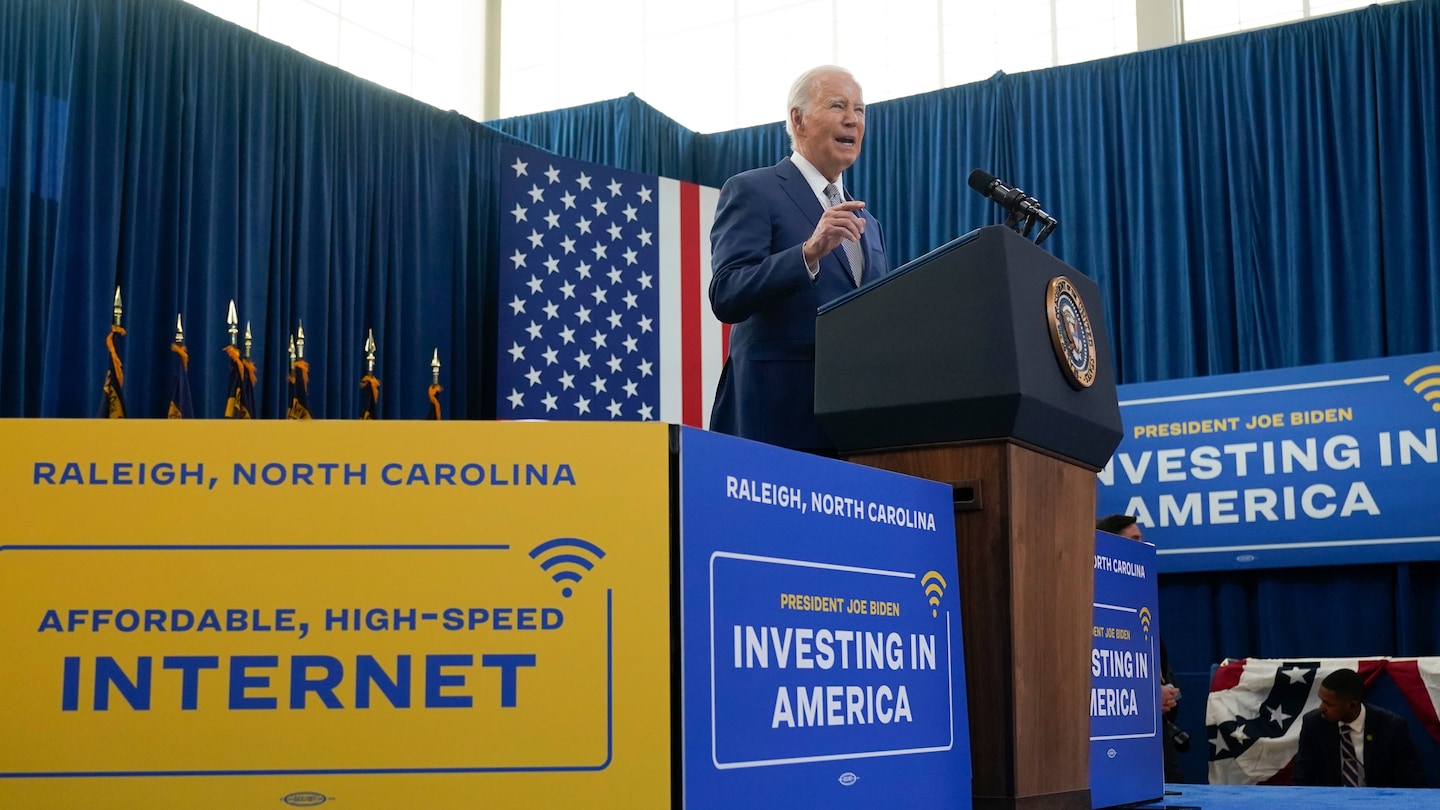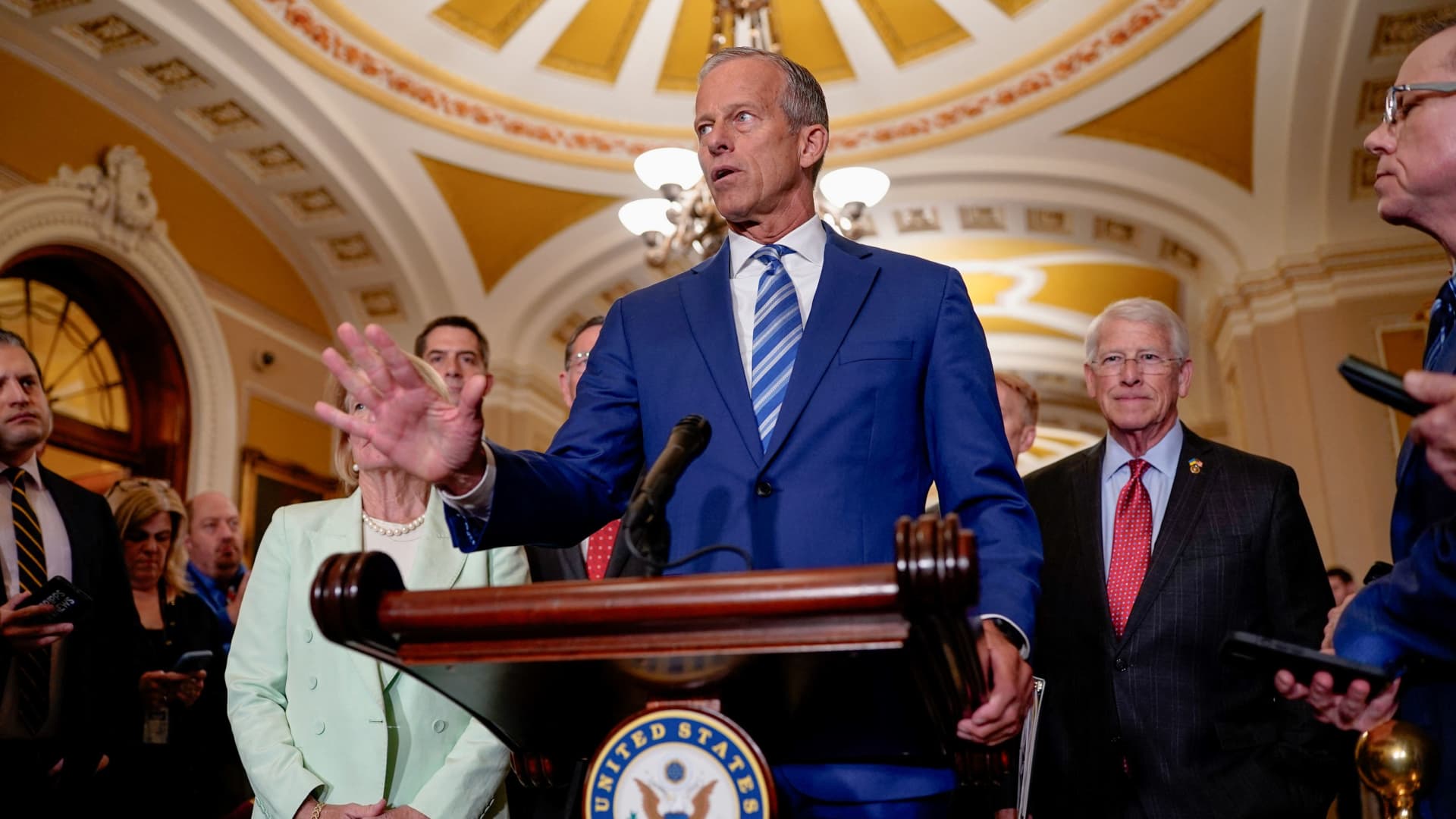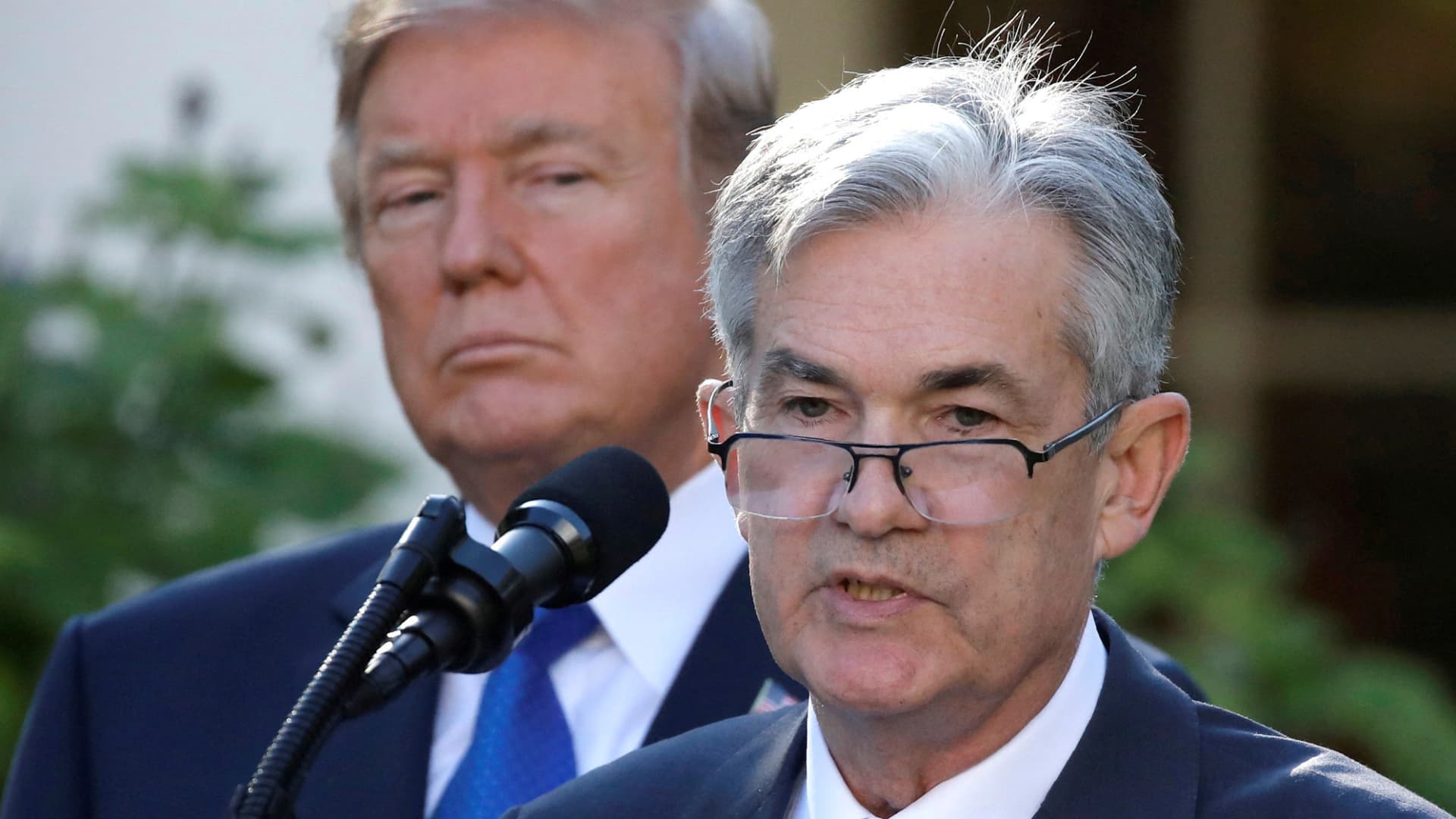Giant panda Bao Li chews on bamboo during his public debut at the Smithsonian’s National Zoo in Washington, U.S., January 24, 2025.
Kevin Lamarque | Reuters
How much will it cost to visit a museum, zoo or aquarium this summer? The answer, increasingly, is: It depends.
John Linehan can rattle off almost two dozen factors that Zoo New England’s dynamic pricing contractor, Digonex, uses to recommend what to charge guests.
“It’s complicated,” said Linehan, president and CEO of the operator of the two zoos in eastern Massachusetts.
Before adopting dynamic pricing, the organization was changing prices seasonally and increasing entry rates little by little. “As we watched that pattern, we were afraid some families were going to get priced out,” he said of the earlier approach. “I’m a father of four and I know what it is like.”
Now, Zoo New England’s system provides cheaper rates for tickets purchased far in advance. That, coupled with the zoo’s participation in the Mass Cultural Council’s discounted admissions program for low-income and working families, “puts some control back in the consumer’s hands,” Linehan said.
We charge what we need to make ends meet while delivering on our mission.
John Linehan
CEO of Zoo New England
The zoo is one of many attractions embracing pricing systems that were earlier pioneered by airlines, ride-hailing apps and theme parks. While these practices allow operators to lower prices when demand is soft, they also enable the reverse, threatening to squeeze consumers who are increasingly trimming their summer travel budgets.
Before the pandemic, less than 1% of attractions surveyed by Arival, a tourism market research and events firm, used variable or dynamic pricing. Today, 17% use variable pricing, in which entry fees are adjusted based on predictable factors such as the day of the week or the season, Arival said. And 6% use dynamic pricing, in which historical and real-time data on weather, staffing, demand patterns and more influence rates.
The changes come as barely half of U.S. museums, zoos, science centers and similar institutions have fully recovered to their pre-Covid attendance levels, according to the American Alliance of Museums. That has led many to pursue novel ways of filling budget gaps and offsetting cost increases.
“There’s a saying: ‘No margin, no mission,'” Linehan said, “and we charge what we need to make ends meet while delivering on our mission.”
Entry costs are climbing even at attractions that aren’t using price-setting technology. The broad “admissions” category in the federal government’s Consumer Price Index, which includes museum fees alongside sports and concert tickets, climbed 3.9% in May from the year before, well above the annual 2.4% inflation rate.
In 2024, the nonprofit Monterey Bay Aquarium raised adult ticket prices from $59.95 to $65 and recently upped its individual membership rate, which includes year-round admission, from $95 to $125. “Gate admission from ticket sales funds the core operation of the aquarium,” a spokesperson said.
While the Denver Art Museum has no plans to test dynamic pricing, it raised admissions fees last fall, three years after a $175 million renovation and a survey of ticket prices elsewhere, a spokesperson said. Entry costs went from $18 to $22 for Colorado residents and from $22 to $27 for out-of-state visitors. Prices rise on weekends and during busy times, to $25 and $30 for in- and out-of-state visitors, respectively. Guests under age 19 always get in free thanks to a sponsored program.
Some attractions are doing a daily analysis of their bookings over the next several days or weeks and making adjustments.
Douglas Quinby
CEO of Arival
Like many attractions, the art museum posts these prices on its website. But many attractions’ publicly listed ticket prices are liable to fluctuate. The Seattle Aquarium — which raised its price ranges last summer by about $10 ahead of the opening of a new ocean pavilion — also uses Digonex’s algorithmic recommendations.
During the week of June 8, for example, the aquarium’s online visit planner, which displays the relative ticket availability for each day, offered out-of-state adult admissions as low as $37.95 for dates later in the month and as much as $46.95 for walk-in tickets that week. In addition to booking in advance, there are more than half a dozen other discounts available to certain guests, including seniors and tribal and military members, a spokesperson noted.
At many attractions, however, admission fees aren’t even provided until a guest enters the specific day and time they want to visit — making it difficult to know that lower prices may be available at another time.
“Some attractions are doing a daily analysis of their bookings over the next several days or weeks and making adjustments” to prices continuously, said Arival CEO Douglas Quinby. Prices might rise quietly on a day when slots are filling up and dip when tickets don’t seem to be moving, he said.
Digonex, which says it provides automated dynamic pricing services to more than 70 attractions worldwide, offers recommendations as frequently as daily. It’s up to clients to decide how and whether to implement them, a spokesperson said. Each algorithm is tailored to organizations’ goals and can account for everything from weather to capacity constraints and even Google Analytics search patterns.
Data-driven pricing can be “a financial win for both the public and the museum,” said Elizabeth Merritt, vice president of strategic foresight at the American Alliance of Museums. It can reduce overcrowding, she said, while steering budget-minded guests toward dates that are both cheaper and less busy.
The stegosaurus fossil nicknamed Apex is unveiled to the media at the American Museum of Natural History in New York, December 5, 2024. Billionaire Kenneth C. Griffin, who bought the stegosaurus fossil for $44.6 million, is loaning it to the museum for four years.
Timothy A. Clary | Afp | Getty Images
But steeper prices during peak periods and for short-notice visits could rankle guests — who may see anything less than a top-notch experience as a rip-off, said Stephen Pratt, a professor at the University of Central Florida’s Rosen College of Hospitality Management who studies tourism.
“Because of the higher prices, you want an experience that’s really great,” he said, transforming a low-key day at the zoo into a big-ticket, high-stakes outing. “You’ve invested this money into family time, into creating memories, and you don’t want any service mishaps.”
That could raise the risk of blowback at many attractions, especially those grappling with Trump administration cuts this summer. Some historic sites and national parks have already warned that their operations are under pressure.
Consumers should expect more price complexity to come. Arival said 16% of attractions ranked implementing dynamic pricing as a top priority for 2025-26. Among large attractions serving at least half a million guests annually, 37% are prioritizing dynamic pricing, up from the 12% that use it currently.
For visitors, that could mean hunting harder for cheaper tickets. While many museums are free year-round, others provide lower rates for off-season visits and those booked in advance. It’s also common to reduce or waive fees on certain days or hours, and many kids and seniors can often get discounted entry.
Here are a few other ways to keep admissions costs low:
Ways to save on museum tickets:
- Ask your local library. Many have museum passes that cardholders can check out.
- Bundling programs such as CityPass, GetOutPass, Go City and others allow visitors to save money on admissions to a range of attractions.
- Bank of America’s Museums on Us program offers cardholders free entry to many institutions during the first full weekend of each month.
- For the past decade, Museums for All has been providing free or reduced entry at more 1,400 U.S. museums and attractions to anyone receiving SNAP food assistance benefits.
- And each summer, the Blue Star Museums program offers museum discounts to actively serving military personnel and their families.
“It may take a bit of research,” said Quinby, “but it’s still possible to find a good deal.”


 Economics1 week ago
Economics1 week ago
 Accounting1 week ago
Accounting1 week ago
 Blog Post1 week ago
Blog Post1 week ago
 Personal Finance1 week ago
Personal Finance1 week ago
 Personal Finance7 days ago
Personal Finance7 days ago
 Personal Finance7 days ago
Personal Finance7 days ago
 Economics7 days ago
Economics7 days ago
 Finance1 week ago
Finance1 week ago










